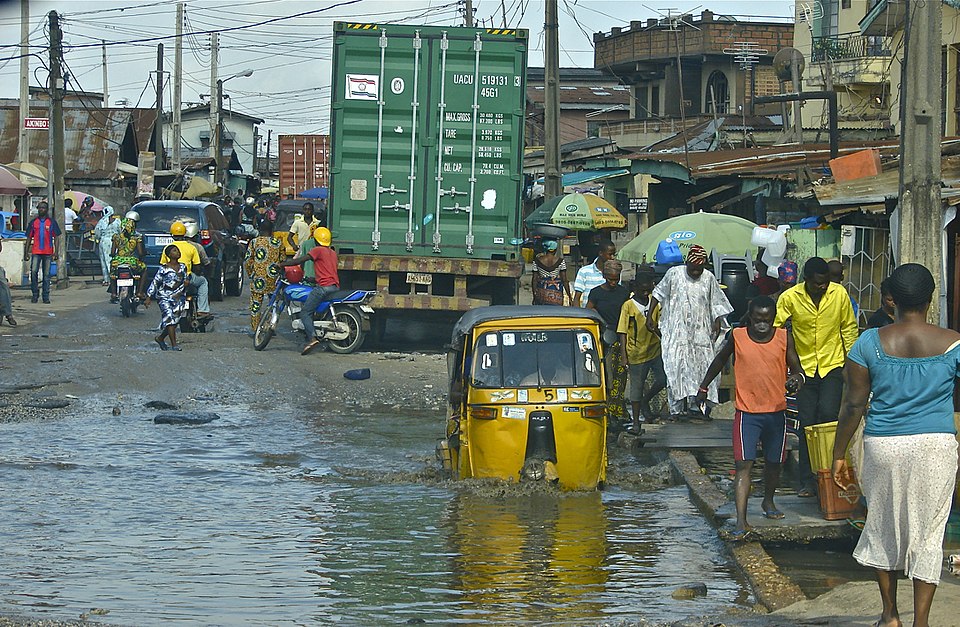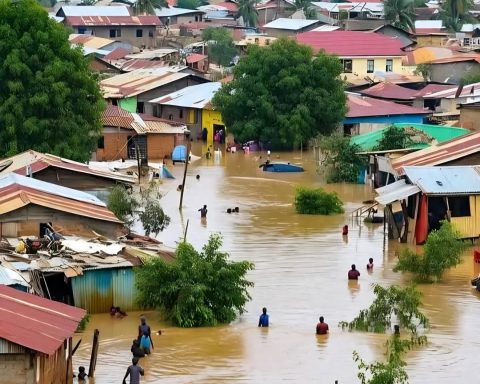Africa loses an estimated $12.7 billion annually to infrastructure damage caused by natural disasters, with South Africa, Nigeria, and Algeria recording the highest losses.
According to a report released on Monday by the Coalition for Disaster Resilient Infrastructure (CDRI), a global partnership of United Nations agencies, development banks, private companies, and academic institutions dedicated to promoting resilient infrastructure worldwide.
Join our WhatsApp ChannelThe report warns that climate change will intensify the crisis, with the potential to increase annual destruction by 27%, or an additional $2.4 billion, as extreme weather events become more frequent and severe. “Africa is one of the most vulnerable regions to climate-related disasters,” the CDRI stated, underscoring the urgent need for investment in disaster-resilient infrastructure to safeguard economies and communities.
Flooding is the leading cause of damage, accounting for 70% of total losses, followed by earthquakes at 28%. While earthquakes occur less frequently, they tend to be more catastrophic when they strike.
Regional and Country Impact
Eastern Africa suffers the most destruction, with average yearly losses reaching $5.5 billion, the report said. Northern and southern Africa each lose about $2.3 billion, while West Africa incurs damages of $1.58 billion annually.
At the national level, South Africa leads with $1.7 billion in yearly infrastructure losses, followed by Nigeria at $1.1 billion and Algeria at $1 billion. Although smaller nations experience lower absolute losses, the relative economic impact is far greater. In Lesotho, disaster-related damage equals 1.5% of the country’s Gross Domestic Product (GDP). Mauritius faces losses equivalent to 1.25% of GDP, while Comoros loses 1% annually.
READ MORE: African Airlines’ Cargo Demand Surges By 9.4%
Rising Risk From Climate Change
The report highlights how climate change, combined with rapid urbanization and population growth, is placing unprecedented strain on Africa’s infrastructure. Without urgent action, the financial and human costs of disasters will continue to rise.
The CDRI urged governments and regional bodies to prioritize investments in disaster preparedness and infrastructure resilience. For countries like Nigeria and South Africa, which already bear the brunt of these disasters, strengthening early warning systems, upgrading vulnerable infrastructure, and adopting long-term climate adaptation policies are critical steps to reduce future losses.
The findings serve as a stark warning that without decisive intervention, Africa’s infrastructure vulnerabilities could undermine its economic progress and development goals.















